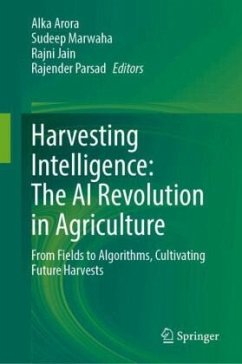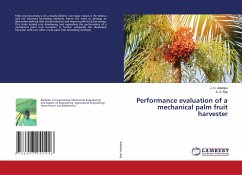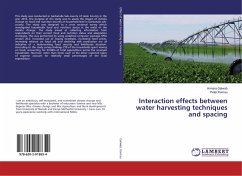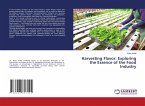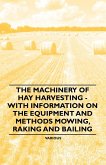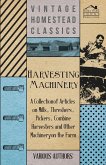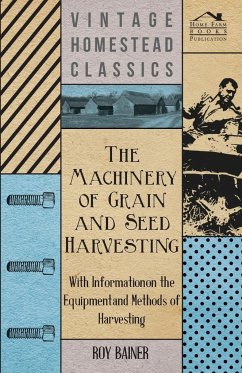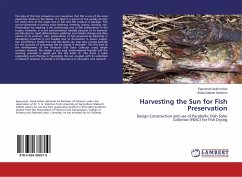This edited volume explores the transformative impact of Artificial Intelligence on agriculture, a sector critical to economic development and global food security. As modern agriculture is undergoing a paradigm shift by integrating advanced technologies such as AI, robotics, computer vision, the Internet of Things (IoT), and data analytics across various farming processes, this volume aims to enhance productivity and sustainability.
The role of AI in agriculture holds vast potential for increasing yields, optimizing resource allocation, and minimizing environmental impact. By utilizing data-driven insights, farmers can make informed decisions on key factors like irrigation, crop management, and livestock care, driving a future of sustainable farming that supports global food security. The widespread adoption of AI is set to revolutionize the industry, creating a resilient agricultural ecosystem. This book provides an in-depth analysis of AI applications across sub-domains such as crops, livestock, fisheries and related data issues. It features real-world case studies and explores key technological areas, including computer vision, remote sensing, large language models, natural language processing, IoT, and machine learning. Grouped into three sections (i) AI in Agriculture Management and Precision Farming, (ii) AI in Livestock and Fisheries Management and (iii) Sustainable Practices, Open Data Ecosystem and Policy Issues the book highlights how AI is reshaping the future of agriculture, fostering a smarter and more sustainable agricultural ecosystem.
This volume is essential for researchers, students, and professionals in agricultural studies and related fields. It offers valuable insights for farmers and extension workers seeking to adopt innovative technologies.
The role of AI in agriculture holds vast potential for increasing yields, optimizing resource allocation, and minimizing environmental impact. By utilizing data-driven insights, farmers can make informed decisions on key factors like irrigation, crop management, and livestock care, driving a future of sustainable farming that supports global food security. The widespread adoption of AI is set to revolutionize the industry, creating a resilient agricultural ecosystem. This book provides an in-depth analysis of AI applications across sub-domains such as crops, livestock, fisheries and related data issues. It features real-world case studies and explores key technological areas, including computer vision, remote sensing, large language models, natural language processing, IoT, and machine learning. Grouped into three sections (i) AI in Agriculture Management and Precision Farming, (ii) AI in Livestock and Fisheries Management and (iii) Sustainable Practices, Open Data Ecosystem and Policy Issues the book highlights how AI is reshaping the future of agriculture, fostering a smarter and more sustainable agricultural ecosystem.
This volume is essential for researchers, students, and professionals in agricultural studies and related fields. It offers valuable insights for farmers and extension workers seeking to adopt innovative technologies.

